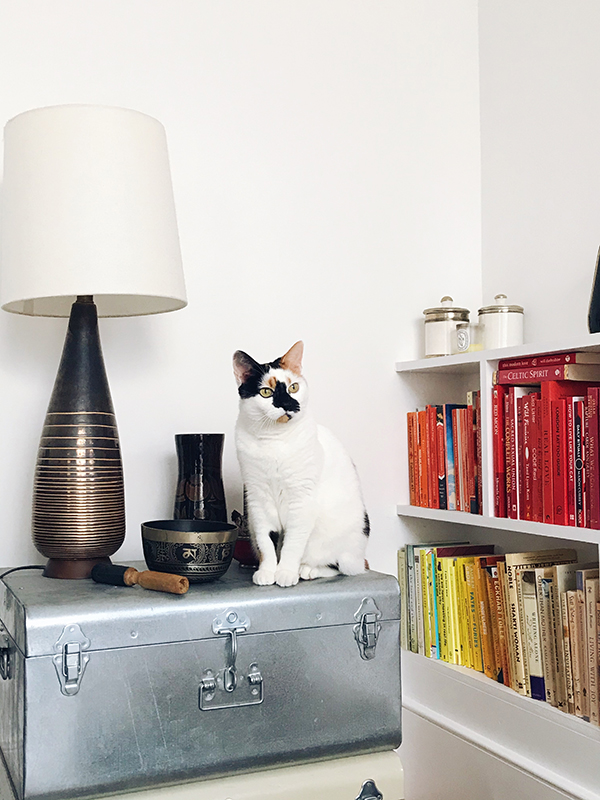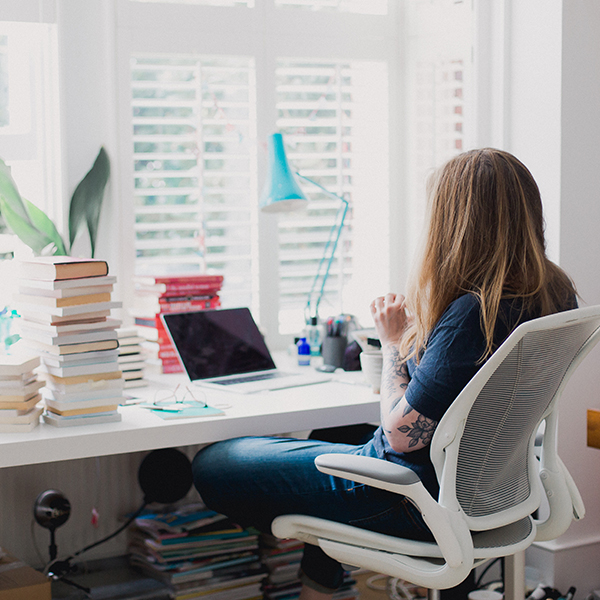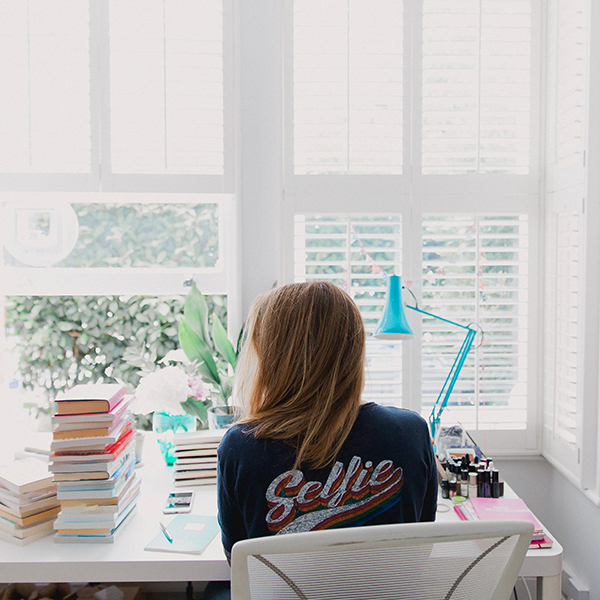
Hello loves
When I write to you about personal insights I’ve usually let some time pass before I share my thoughts, so it’s very odd to be writing to you right in the centre of the storm, but here we are — all of us! As I swirl up and down through frustration and anxiety, I also feel tiny hits of wonderment. It’s surreal that this is happening but also extraordinary that something is going down that unites the entire planet. Not perfectly united, mind. We’re still believing there are borders that separate us, but here we are, a planet filled with humans, all affected by something we can’t even see.
Each of us is dealing with this in our own way and we all have different concerns. For me I’m having to trust that my family is safe — which is hard when your first urge is to go be with them and help — and I’m focussing on keeping myself well and avoiding contact with others. Which you’d think would be easy when you’re an introvert but I’m realising that what keeps me sane — and I mean that quite literally as someone who has a history of depression — are the times I spend with friends and the time I spend OUTSIDE of the house. I can easily do five days straight on my own at home, but by day six I need to go out and be in the world. So the prospect of several months without that is daunting, I’m not going to lie. I live alone and I enjoy it very much, but right now I’d be happier if I had someone here to give me a bloody hug!
So, knowing that life is gonna be upside for a while, I’ve instigated Operation Mental Health Self-Care. Last night I compiled a list of my absolute must-dos while this is going on and I’m sharing it here in case you need some inspiration or a gentle nudge to consider what YOUR absolute must-dos will be.
This is especially important for those of you who are at home alone like me.
The non-negotiables:
1. Daily walks outside
2. Daily journaling
3. Daily juice and lots of water
4. Daily meditation
5. Daily shower
6. Daily calls/messages with family and friends
7. Only check Guardian website once per day, no more
Also very needed:
8. Daily yoga/weights/kettlebells
9. Switch up where I work in the house
10. Daily garden sit!
11. Off phone by 8pm
12. Plan future trips
A lot of this I already do but never has it been more important for me to look after my body and my mind. Some days I will do all of this and some days I won’t, and that’s okay, but my goal is to do as much as I can Every. Single. Day. I’m not tripping on too many thoughts of the future but I am looking ahead at what I’ll need to stay in a good place internally. Just as I’ve bought a few extras for my pantry, I’m also considering what’s going to support me as I square up to a few months of solitude. Having a loose plan helps me feel safe and calm.
There are lots more thoughts I could share but I don’t want to overwhelm you. Like me you’ve probably been getting loads of emails from well-meaning peeps sharing their tools and strategies for getting through this time. There is SO MUCH out there right now! It’s like the online world is truly having its moment, as if all of us content creators and teachers have been in training for exactly this moment. And I absolutely do have a couple of things to share that I hope will help! But I also just want to say it’s okay if this is overwhelming you and you just need to be still. I feel that too. It’s okay to get some sofa time. It’s okay to eat chocolate for dinner. It’s okay to feel lost and not want to do an at-home fitness video! And it’s also okay to do lots of work because it helps you feel safe. It’s okay to want to throw yourself into making things to help you feel productive. It’s okay to want to serve. Just as it’s okay to simply receive right now.
Basically it’s okay to feel however you feel. To do whatever you need or want to do. There’s no map for this journey so we have to trust ourselves, listen inwards and act accordingly. To gently and lovingly parent ourselves just as we parent and look after the kids and animals and loved ones in our lives.
Look after yourselves and your loved ones and know that this will pass and we will soon be looking back at the time we stayed inside to look after each other. What a loving thing we are doing for the human race.
I love you
Susannah xo
* This is an excerpt from my most recent Love Letter – sign up over here to get on this love list <3




